Find Help
More Items From Ergsy search
-
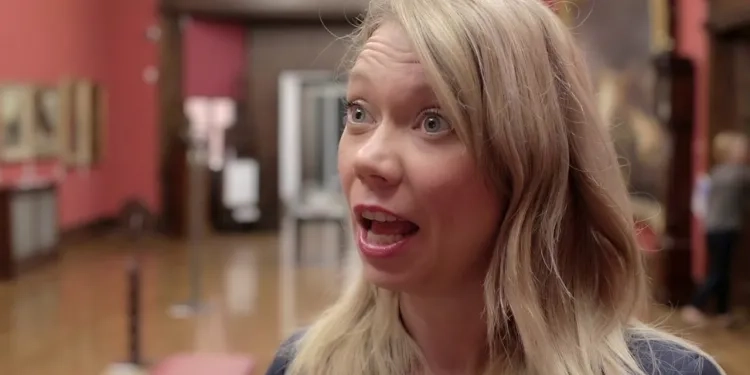
Social Prescribing
Relevance: 100%
-
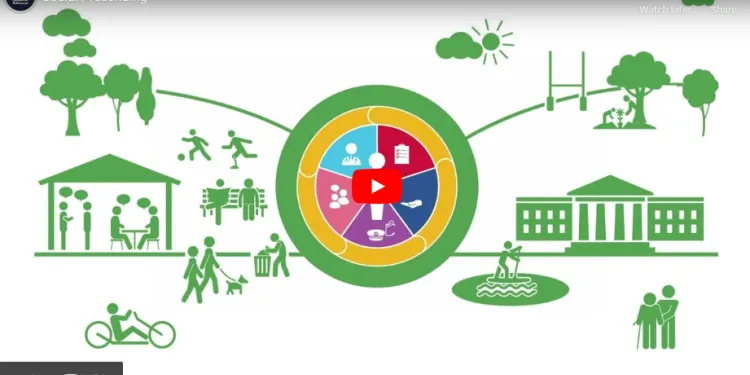
Social Prescribing
Relevance: 100%
-
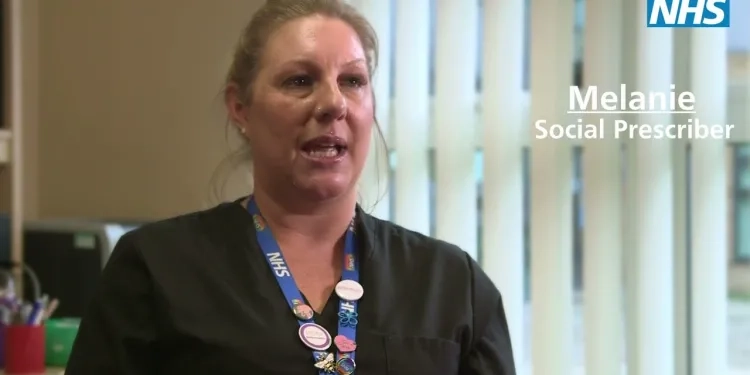
What is a social prescriber?
Relevance: 94%
-
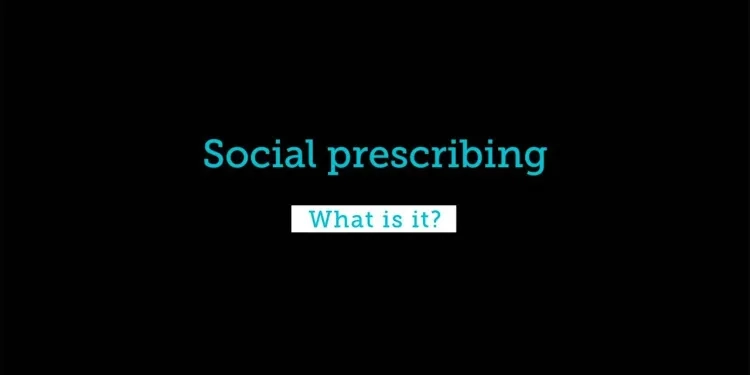
Social prescribing – what is it?
Relevance: 94%
-
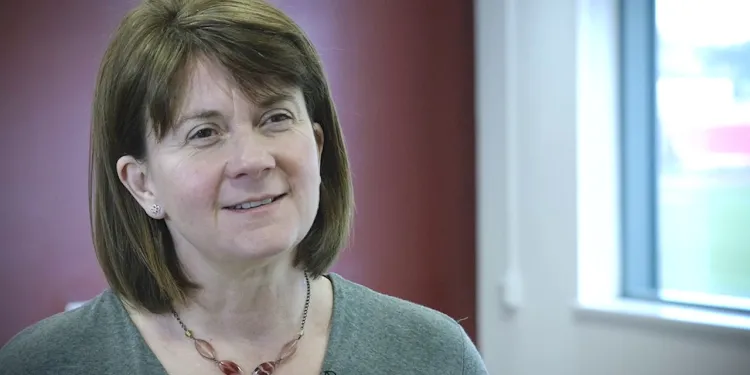
Social prescribing in practice: supporting social prescribing link workers
Relevance: 94%
-
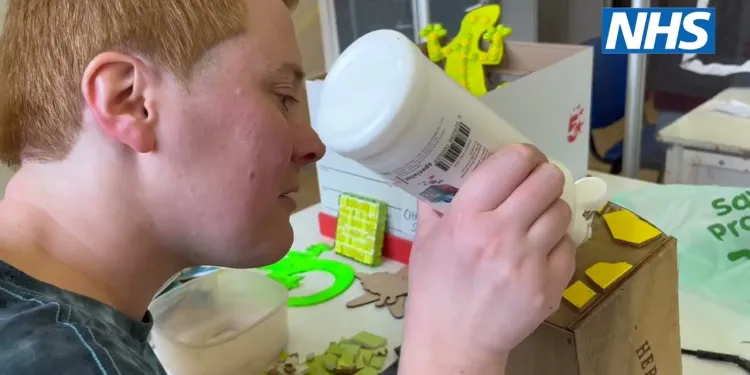
Social Prescribing in Greater Manchester
Relevance: 89%
-
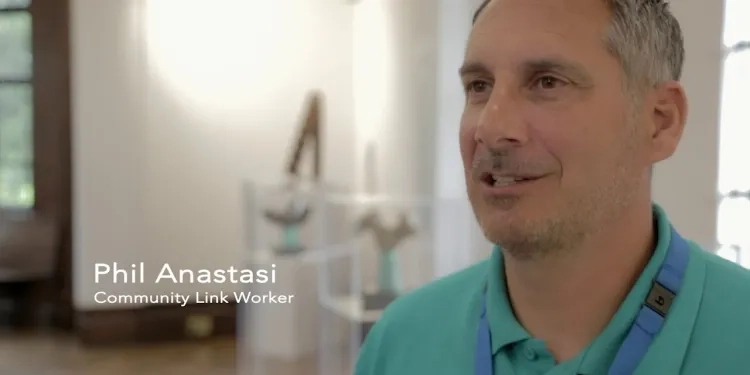
Introducing Social Prescribing - short video
Relevance: 86%
-
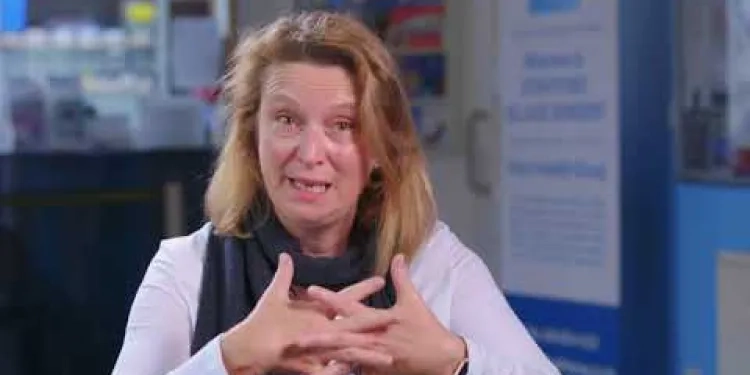
Social prescribing in south east London
Relevance: 85%
-
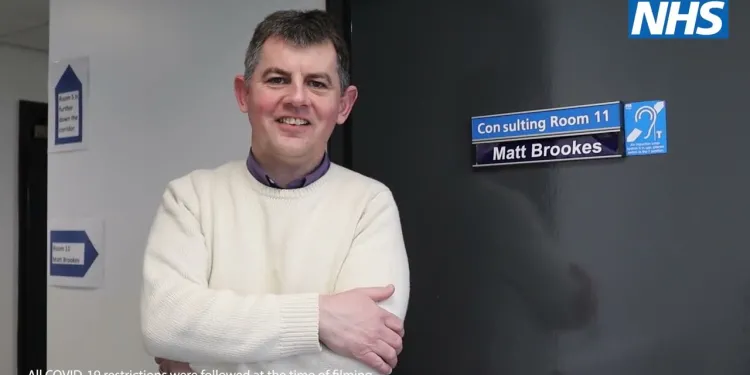
What is a social prescriber, and how do they support general practice?
Relevance: 78%
-
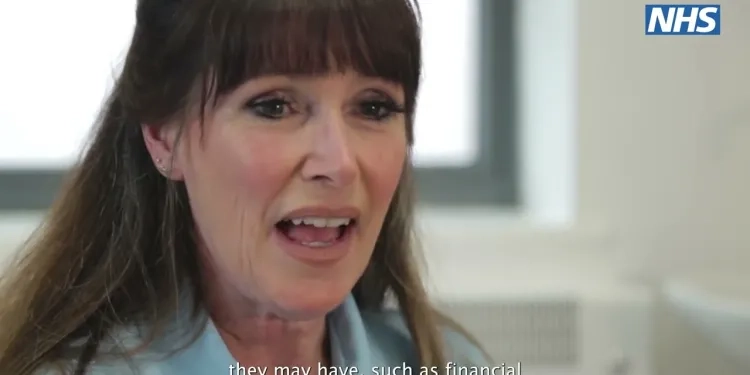
How can a Social Prescribing Link Worker help you? #MeetYourGPTeam
Relevance: 73%
-
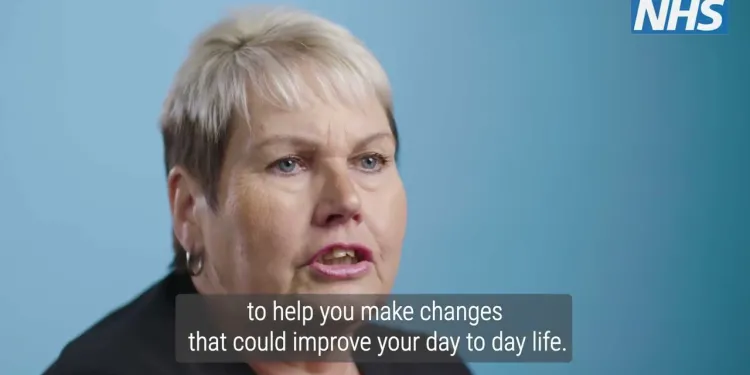
Social Prescribing Link Workers are part of new health and wellbeing services in NHS surgeries
Relevance: 69%
-

Do chiropractors prescribe medications?
Relevance: 50%
-
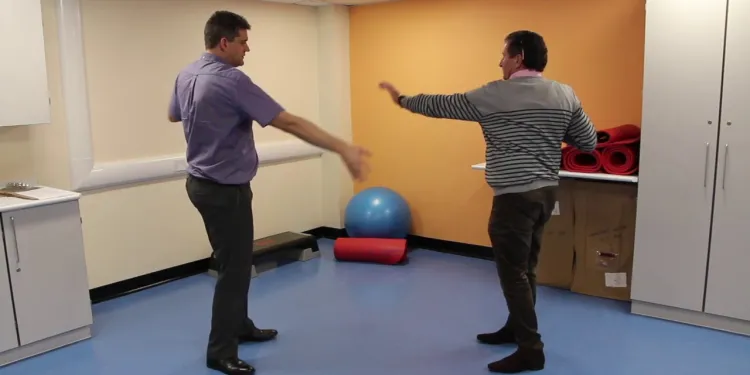
Sean's Story - There is another way. Information for prescribers
Relevance: 45%
-
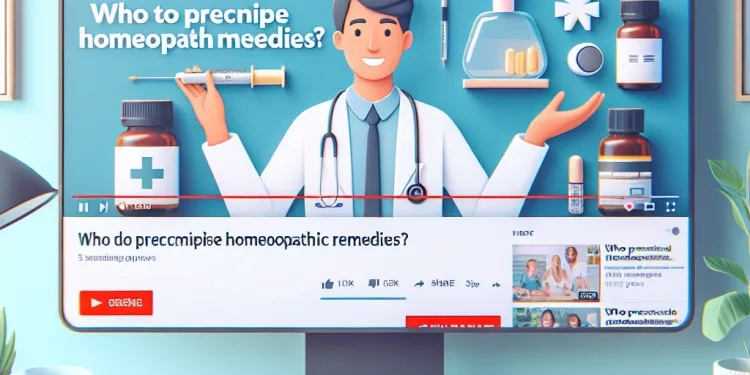
Who can prescribe homeopathic remedies?
Relevance: 45%
-
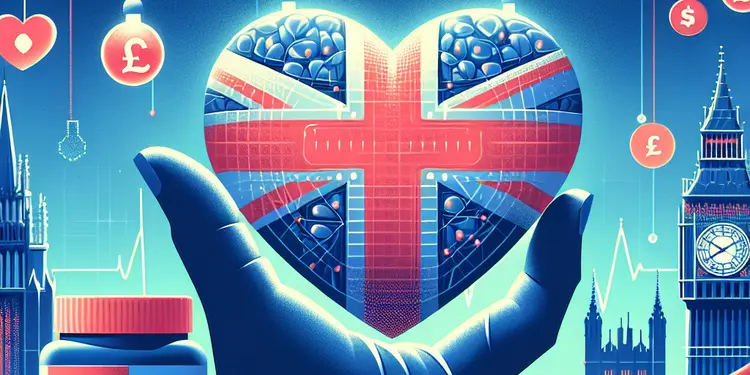
What medications are commonly prescribed for heart failure?
Relevance: 42%
-
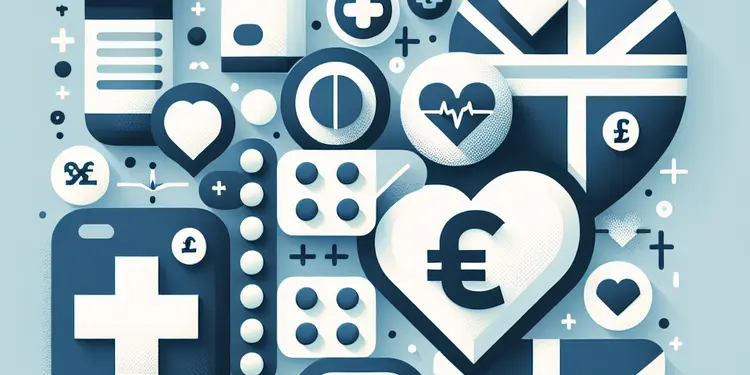
What drugs are commonly prescribed to reduce the risk of heart attacks?
Relevance: 39%
-
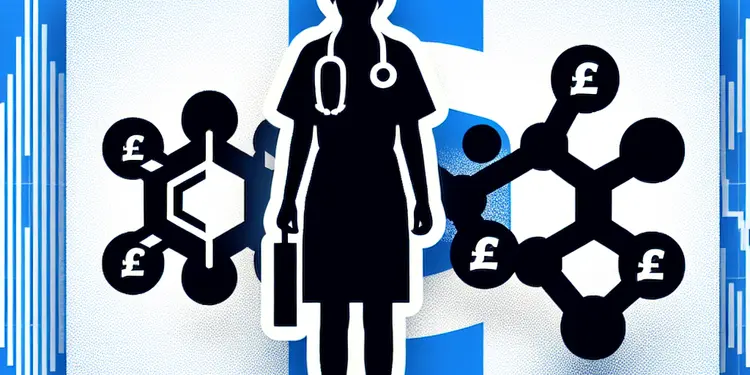
Can ketamine be prescribed for mental health conditions?
Relevance: 37%
-
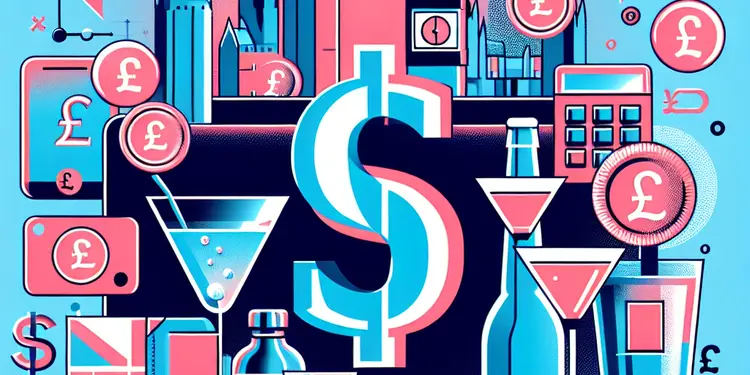
What are the social consequences of binge drinking?
Relevance: 37%
-
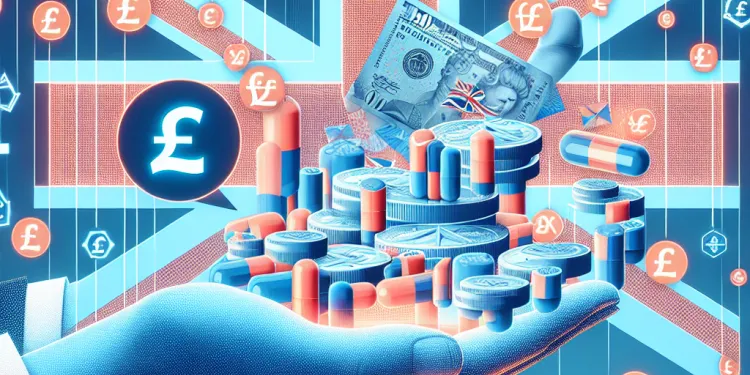
Who might be prescribed Baxdrostat?
Relevance: 37%
-
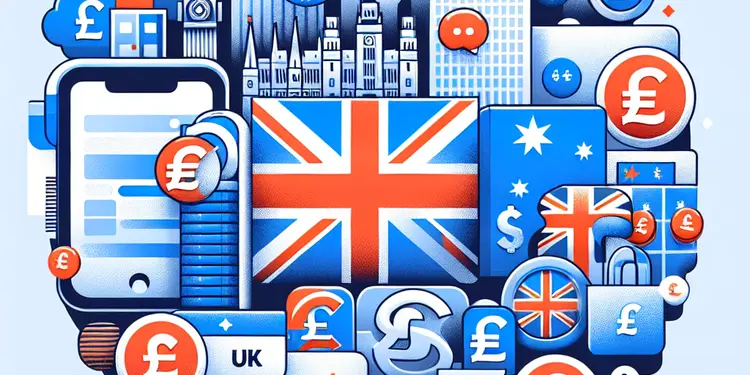
Is there public support for the social media ban in Australia?
Relevance: 35%
-

Submitted Addressing Social Inequalities: Initiatives and Challenges in the UK
Relevance: 35%
-
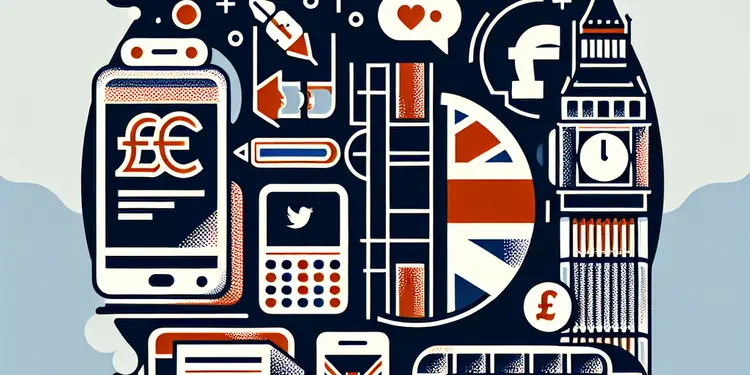
Are there any criticisms of the social media ban for children?
Relevance: 35%
-
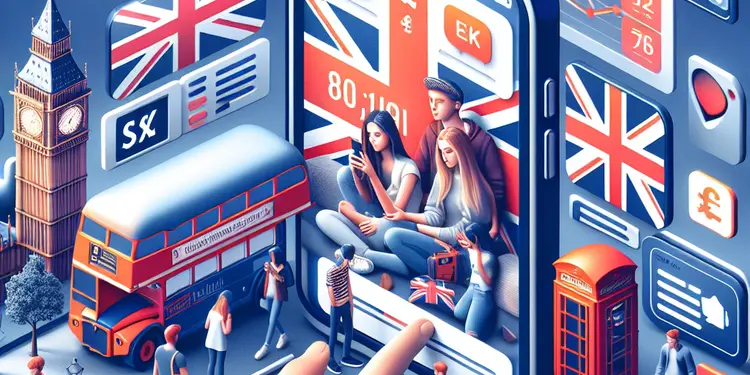
Is the UK introducing a Social Media ban for under 16's?
Relevance: 35%
-
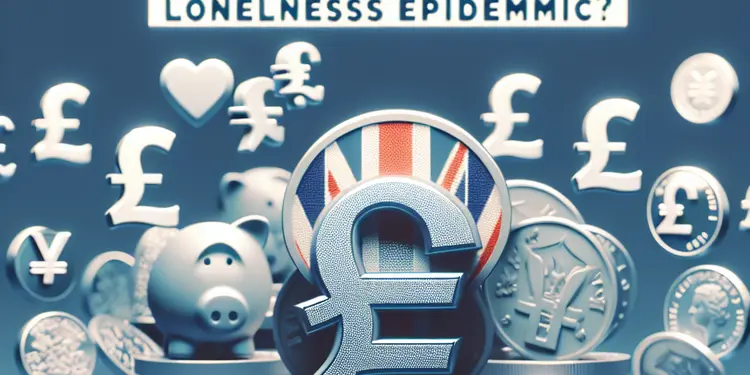
How does social media contribute to the loneliness epidemic?
Relevance: 34%
-
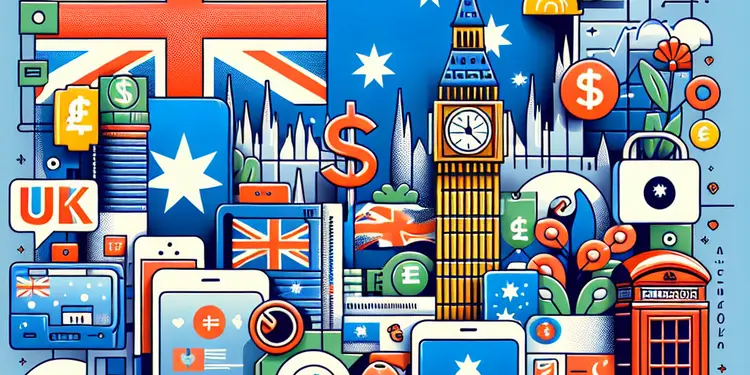
What is the social media ban for children in Australia?
Relevance: 34%
-
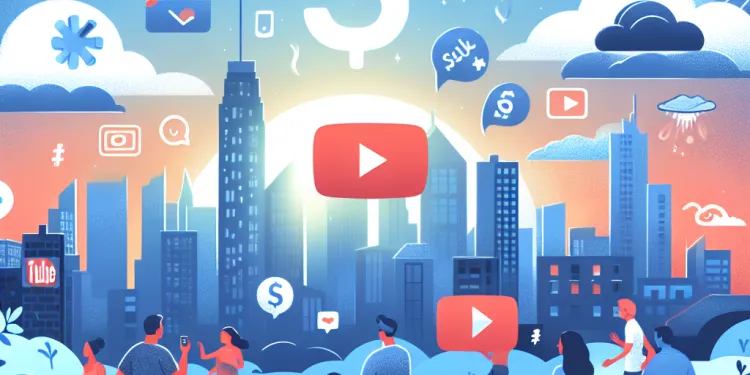
Strategies for Reducing Loneliness and Social Isolation in Urban Areas
Relevance: 34%
-
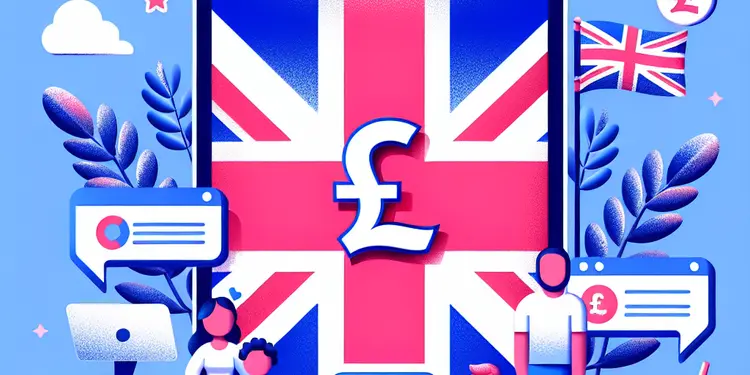
What role do parents play in the social media ban?
Relevance: 34%
-
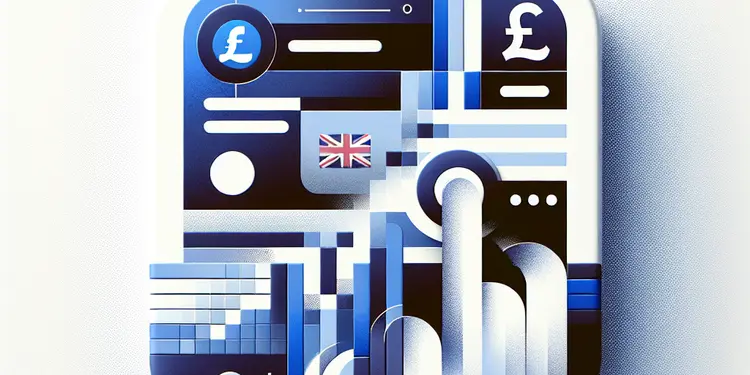
Who is pushing for a social media ban for under 16s in the UK?
Relevance: 34%
-
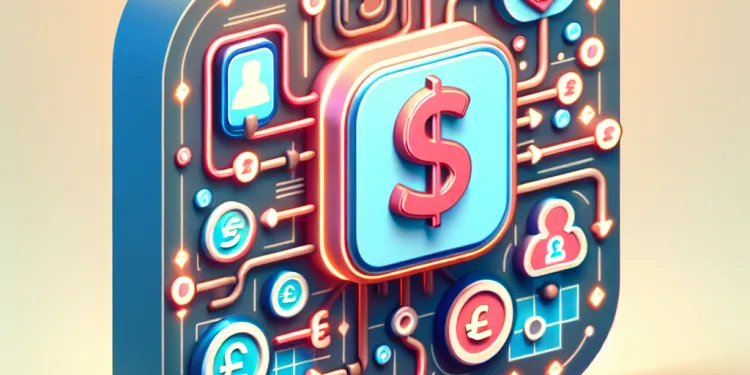
Why are there unfamiliar apps connected to my social media account?
Relevance: 34%
-
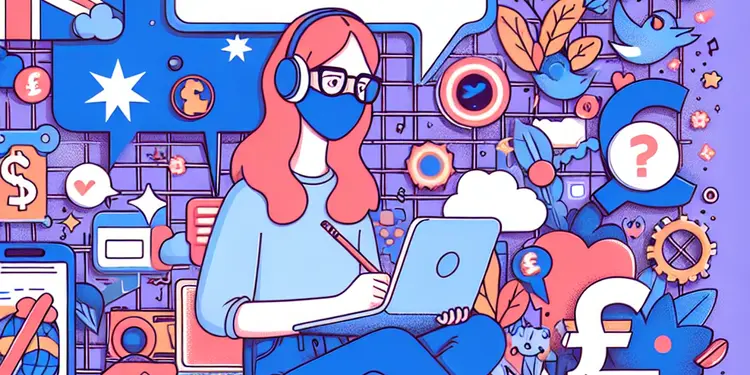
Why was the social media ban for children implemented in Australia?
Relevance: 34%
-
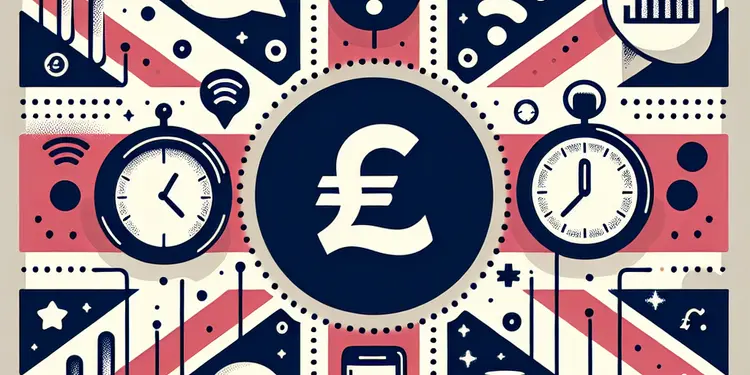
What future changes are anticipated for the social media ban?
Relevance: 33%
-
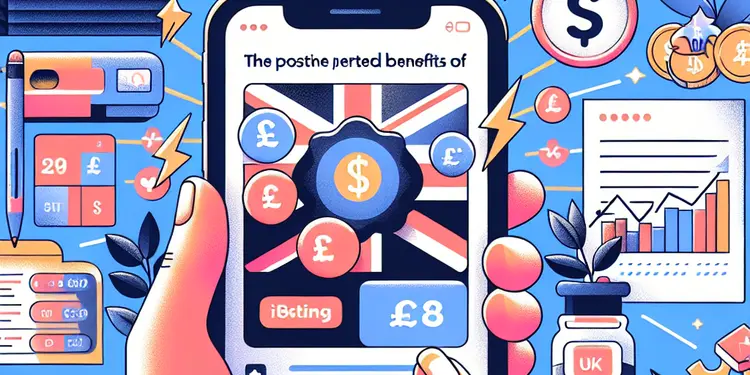
Have there been any reported benefits of the social media ban?
Relevance: 33%
-
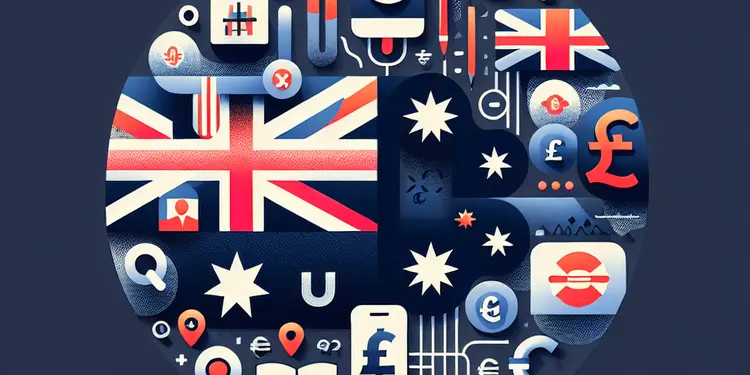
Is there any international interest in Australia's social media ban?
Relevance: 33%
-
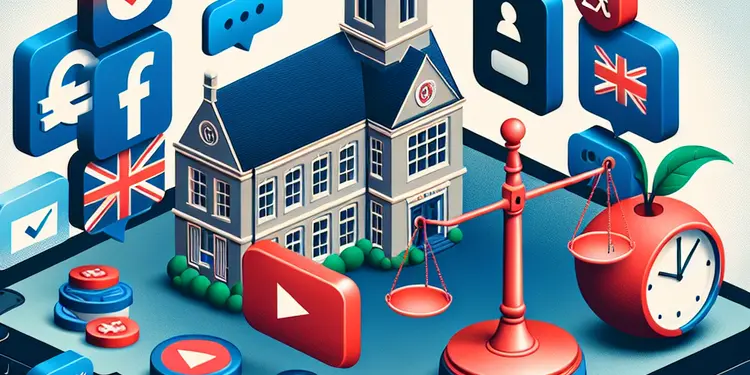
What role do schools play in supporting the social media ban?
Relevance: 33%
-
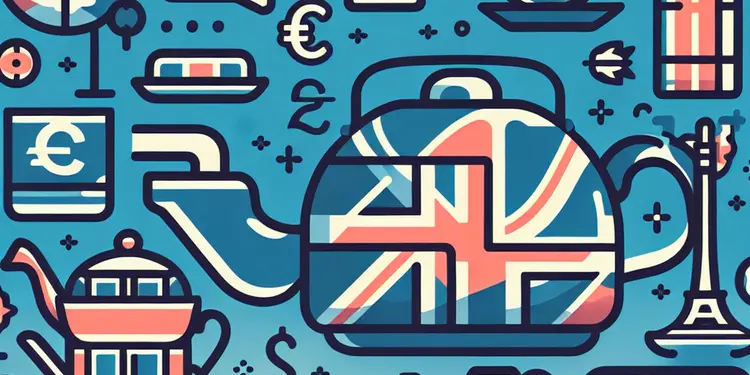
How has the social media industry reacted to the ban?
Relevance: 33%
-
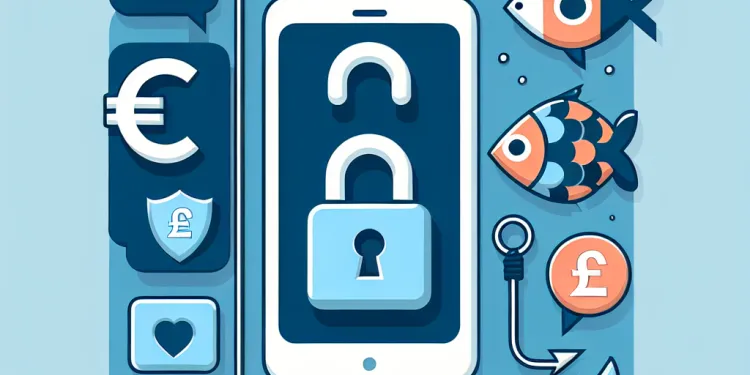
How can phishing attacks lead to social media hacks?
Relevance: 33%
-
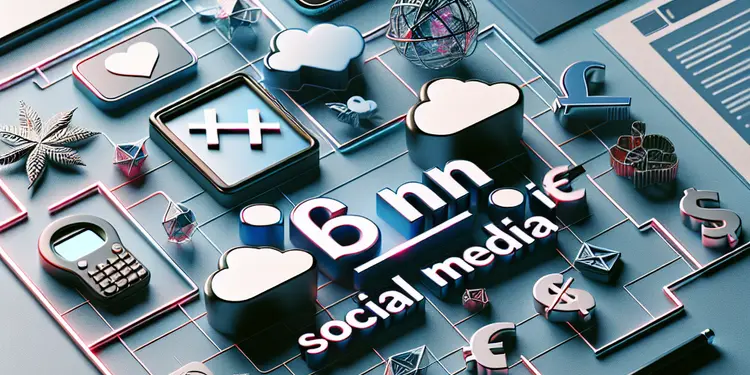
Is the UK planning to introduce a social media ban for those under 16?
Relevance: 33%
-
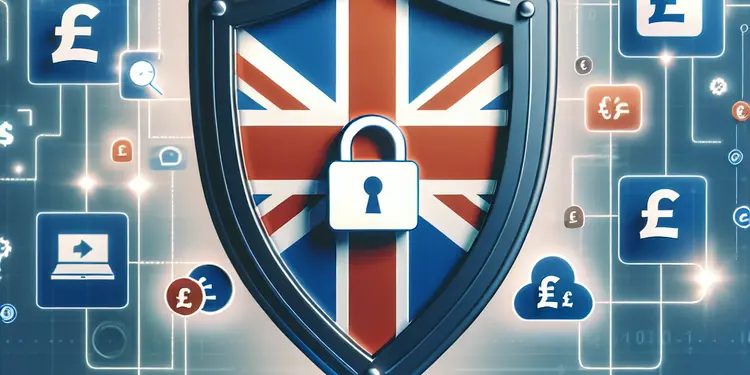
Can scammers access my information through social media?
Relevance: 33%
-
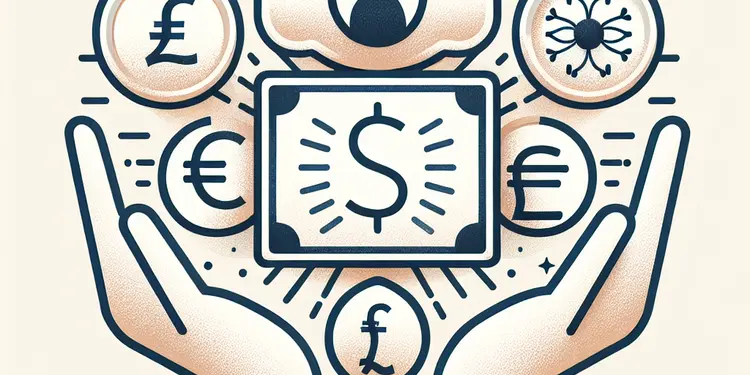
What is Social Security and how can seniors benefit from it?
Relevance: 33%
-
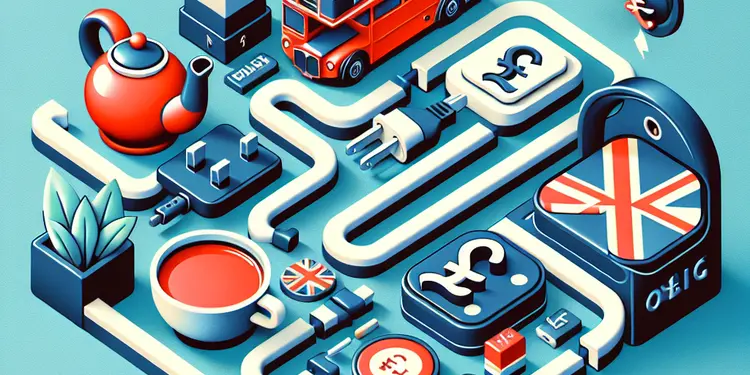
What challenges have been encountered with the social media ban?
Relevance: 33%
Introducing Social Prescribing
What is Social Prescribing?
Social Prescribing is a holistic approach to health and wellbeing that links patients to non-medical support within the community. Governed by the National Health Service (NHS), it acknowledges that health is influenced by a range of social, economic, and environmental factors. Social Prescribing allows healthcare professionals to refer patients to community-based services, empowering them to take control of their health and wellbeing.How Does Social Prescribing Work?
Typically, Social Prescribing is facilitated by a "Link Worker". After an initial referral from a GP or another healthcare professional, the Link Worker meets with the patient to discuss their needs and aspirations. Together, they create a tailored plan that can include activities such as joining a local gym, attending art classes, volunteering, or participating in support groups. These activities aim to improve mental, physical, and emotional wellbeing.Benefits of Social Prescribing
Social Prescribing has shown significant positive outcomes for those involved. Patients often report improved mood, reduced anxiety, and a greater sense of purpose. It can also lessen the need for frequent GP visits or medication, thereby alleviating pressure on the NHS. By addressing social issues such as loneliness, financial troubles, and lack of exercise, Social Prescribing fosters a more inclusive and healthier community.Who Can Benefit from Social Prescribing?
Social Prescribing is valuable for anyone experiencing a range of conditions that may be related to social factors. It is particularly beneficial for individuals who feel isolated, stressed, or suffer from chronic conditions. Elderly individuals, people with long-term health conditions, caregivers, and those experiencing mental health challenges can greatly benefit from this approach.How to Get Started with Social Prescribing
If you believe you or someone you know could benefit from Social Prescribing, the first step is to speak to a GP or healthcare professional. They can make a referral to a Link Worker, who will help explore the best options available. Additionally, many community organisations offer resources and information on Social Prescribing initiatives.Conclusion
Social Prescribing is revolutionising the way we perceive and address health and wellbeing in the United Kingdom. By focusing on the social determinants of health and offering personalised, community-based support, it provides a comprehensive approach that empowers individuals and fosters healthier communities. Speak to your GP or local healthcare provider to explore the possibilities Social Prescribing can offer you or your loved ones.Introducing Social Prescribing
What is Social Prescribing?
Social Prescribing is a way to help people feel better by using community activities and support. It is managed by the National Health Service (NHS). This approach understands that things like friends, money, and the environment affect our health. Doctors can send patients to local activities or support to help them feel better.How Does Social Prescribing Work?
A "Link Worker" helps with Social Prescribing. A doctor first sends the patient to them. The Link Worker talks with the patient to understand what they need. Then, they make a plan together. The plan might include things like joining a gym, going to art classes, helping as a volunteer, or joining a support group. These activities can help people feel better in body and mind.Benefits of Social Prescribing
Social Prescribing can really help people feel happier and less worried. People often say they feel better and have more purpose in life. It can mean fewer trips to the doctor and needing less medicine. It helps with problems like feeling lonely or having money troubles. This creates a happier, healthier community.Who Can Benefit from Social Prescribing?
Social Prescribing can help anyone with issues related to how they live. It is especially good for people who feel alone or stressed. Older adults, people with long-lasting health issues, caregivers, and those with mental health challenges can find it very helpful.How to Get Started with Social Prescribing
If you think Social Prescribing could help you or someone you know, talk to your doctor. They can connect you with a Link Worker. The Link Worker will help find the best activities for you. Many local organisations also have information and support to help you get involved.Conclusion
Social Prescribing is changing how people in the UK improve their health and wellbeing. It uses local support to address social factors that affect health. This approach gives people the power to improve their own lives and builds stronger communities. Talk to your doctor or health provider to see how Social Prescribing might help you or someone you care about.Frequently Asked Questions
What is social prescribing?
Social prescribing is a holistic approach to healthcare where health professionals refer patients to non-medical support in the community to improve their well-being.
Who can benefit from social prescribing?
Anyone experiencing social, emotional, or practical issues that are impacting their health and well-being can benefit from social prescribing.
What types of activities or support can social prescribing include?
Social prescribing can include activities like volunteering, arts and crafts, physical activities, gardening, and support groups, among others.
How does social prescribing improve mental health?
Social prescribing can improve mental health by reducing social isolation, increasing physical activity, and providing a sense of purpose and belonging.
Do I need a referral from my GP for social prescribing?
In many cases, a referral from a GP or another healthcare professional is required to access social prescribing services.
Is social prescribing available across the UK?
Social prescribing is being increasingly adopted across the UK, with many areas having dedicated link workers or social prescribing teams.
Who are social prescribing link workers?
Social prescribing link workers are professionals who connect people to community groups and services to support their health and well-being.
Is social prescribing free?
Many social prescribing services are free, though some activities or groups may require a small fee or donation.
Can social prescribing help with long-term conditions?
Yes, social prescribing can provide support and activities that help individuals manage long-term conditions and improve their quality of life.
How do I find social prescribing services in my area?
You can ask your GP or healthcare provider about social prescribing services available in your area.
What role do community groups play in social prescribing?
Community groups play a crucial role in social prescribing by offering a range of activities and support that individuals can be referred to.
Does social prescribing replace medical treatment?
No, social prescribing complements medical treatment by addressing social and emotional needs that can affect health.
How long does it take to see benefits from social prescribing?
The time it takes to see benefits from social prescribing varies for each individual, but many people report improvements within a few weeks to months.
Can children and young people use social prescribing?
Yes, social prescribing can benefit children and young people, particularly in improving mental health and reducing social isolation.
What evidence supports the effectiveness of social prescribing?
Research and numerous case studies have shown that social prescribing can lead to improved health outcomes, reduced demand on healthcare services, and enhanced community well-being.
What is Social Prescribing?
Social prescribing is when doctors or nurses help people to get support from activities in their community. It can help people feel better without using medicine.
For example, they might suggest going to a walking group, joining an art class, or talking to a support group.
If you need extra help, you can use tools like pictures or easy-listening audio guides. They can make understanding easier.
Social prescribing is a way for doctors to help people feel better without using medicine. Instead, they suggest fun or helpful things to do in the community. This can help people feel happier and healthier.
Who can social prescribing help?
Social prescribing can help many people feel better. Here is who it can help:
- People who feel lonely or sad.
- People who are stressed or worried.
- People who want to make friends.
- People who want to learn something new.
If you think social prescribing can help you, here are some ideas:
- Talk to your doctor or nurse.
- Ask about fun classes or activities in your area.
- Join a club to meet people.
- Find someone to talk to if you feel sad.
If you have problems with your feelings, making friends, or doing everyday things, social prescribing can help you feel better.
What can social prescribing help with?
Social prescribing can help with different things. Here is what it can include:
- Activities: Join a local group, like painting or gardening.
- Exercise: Be part of a walking or exercise group.
- Support: Talk to someone who can help, like a counselor.
- Volunteering: Help out in your community.
Tools and tips to help you:
- Use pictures or videos to learn.
- Ask a friend or family to explain.
- Join groups online if you can't go out.
Sometimes, doctors suggest doing activities to help people feel better. This is called social prescribing. It can include things like helping others, making art or crafts, doing exercise, growing plants, or joining support groups with other people.
How can social prescribing help you feel better?
Social prescribing can help people feel better. It can stop people from feeling lonely, help them move their bodies more, and make them feel like they belong and have something important to do.
Do I need my doctor to tell me about social prescribing?
You might need a letter from your doctor or a nurse to use some social prescribing services.
Can everyone in the UK use social prescribing?
Social prescribing means getting help from people in the community, like joining a group or class, to feel better. It can help with mental health and feeling lonely.
Not everyone in the UK can use social prescribing yet. It depends on where you live. Some places have it, and some do not.
To find out if social prescribing is near you, you can:
- Ask your doctor or nurse.
- Check with your local health center.
These people can help you learn about social prescribing where you live.
In the UK, many places now use something called social prescribing. This means they have special people or teams, called link workers, to help with it.
Here are some tips to understand better:
- Read slowly and take your time.
- Use a ruler or finger to keep your place.
- Ask someone to read it with you or explain it.
There are also helpful tools, like audiobooks, to hear the words spoken out loud.
What do social prescribing link workers do?
Social prescribing link workers are friendly people who help you find activities and support in your community. They listen to you and can help you feel better by connecting you with groups, clubs, and other helpful resources.
Here are some things they might help with:
- Finding a hobby, like art or gardening
- Joining a group where you can meet new friends
- Getting advice on money or housing
- Learning skills for a job
If you need extra help, you can use picture guides or videos to understand better. You can also ask a family member or friend to come with you when you talk to a link worker.
Social prescribing link workers are people who help others find community groups and services to stay healthy and happy.
Do you have to pay for social prescribing?
No, you do not have to pay. Social prescribing is free. It can help you with many things. If you need help, talk to your doctor. They can explain it to you.
If reading is hard, you can:
- Ask someone to read it to you.
- Use a text-to-speech app to hear it aloud.
- Look for pictures or videos on the topic.
Many social prescribing services do not cost money. But, some things you do or join might need a small fee or a little donation.
Can getting help from the community make you feel better?
Some people have health problems for a long time. This is called a long-term condition.
Things like clubs or activities from the community might help.
Talking to friendly people can also help you feel better.
You can ask your doctor about these activities.
Yes, social prescribing can help people feel better. It gives support and activities to help people with long-term health problems. It can make life better.
How can I find social prescribing services near me?
You can talk to your doctor or nurse about special services that can help you in your area.
How do community groups help with social prescriptions?
Community groups can help people feel better. They can offer activities, support, and new friends. Doctors might suggest joining a group like this to help with health. Being part of a community can make you happy and healthy. If you want more help, talk to a teacher or a friend.
Community groups are very important. They help people with different activities and support. Doctors or helpers can tell people to join these groups.
Does social prescribing take the place of medical treatment?
Social prescribing is about doing activities that help you feel better, like exercise or joining a club. It does not replace medicine or visits to the doctor.
If you feel sick, you still need to see your doctor. Your doctor can tell you what medicine you need and how to get better.
Social prescribing can be used with medical care. It can help, but it is not the same as medical treatment.
Reading Tools:
- Ask Questions: If you don’t understand something, ask someone to explain.
- Use a Dictionary: Look up words you don't know.
- Read Slowly: Take your time to understand each word.
No, social prescribing works with medical treatment. It helps with social and emotional needs that can change how healthy you are.
When will I see help from social prescribing?
Social prescribing is a way to help people feel better by doing fun activities or joining groups. Sometimes it takes a little time to feel the good effects.
Most people start to feel better after a few weeks. Everyone is different, so it might take more or less time.
Here are some things that can help you:
- Be patient and give it a little time.
- Try to join in activities regularly.
- Talk to someone if you need help or have questions, like a trusted adult or a social prescriber.
Using a calendar can help you keep track of your activities. You can also write down how you feel each day to see the changes over time.
The time it takes to feel better from social prescribing is different for everyone. But many people start to feel better in a few weeks or months.
If you want to use social prescribing, here are some tools to help you:
- Ask someone to explain any hard words.
- Use pictures to help understand information.
- Write down questions to ask your helper.
Can kids and young people use social prescriptions?
Yes, kids and young people can use social prescriptions.
Social prescriptions help doctors and helpers give support like activities or groups to feel better.
You can join clubs or do fun things that help you make friends and feel good.
If you want help, talk to a grown-up, like a parent or teacher.
They can help you find someone to talk to about social prescriptions.
Yes, social prescribing can help children and young people. It can make them feel better in their minds and help them make friends.
How do we know that social prescribing works well?
Studies show that social prescribing can help people feel healthier, use healthcare less, and improve life in the community.
Useful Links
This website offers general information and is not a substitute for professional advice.
Always seek guidance from qualified professionals.
If you have any medical concerns or need urgent help, contact a healthcare professional or emergency services immediately.
Some of this content was generated with AI assistance. We’ve done our best to keep it accurate, helpful, and human-friendly.
- Ergsy carfully checks the information in the videos we provide here.
- Videos shown by Youtube after a video has completed, have NOT been reviewed by ERGSY.
- To view, click the arrow in centre of video.
- Most of the videos you find here will have subtitles and/or closed captions available.
- You may need to turn these on, and choose your preferred language.
- Go to the video you'd like to watch.
- If closed captions (CC) are available, settings will be visible on the bottom right of the video player.
- To turn on Captions, click settings .
- To turn off Captions, click settings again.
More Items From Ergsy search
-

Social Prescribing
Relevance: 100%
-

Social Prescribing
Relevance: 100%
-

What is a social prescriber?
Relevance: 94%
-

Social prescribing – what is it?
Relevance: 94%
-

Social prescribing in practice: supporting social prescribing link workers
Relevance: 94%
-

Social Prescribing in Greater Manchester
Relevance: 89%
-

Introducing Social Prescribing - short video
Relevance: 86%
-

Social prescribing in south east London
Relevance: 85%
-

What is a social prescriber, and how do they support general practice?
Relevance: 78%
-

How can a Social Prescribing Link Worker help you? #MeetYourGPTeam
Relevance: 73%
-

Social Prescribing Link Workers are part of new health and wellbeing services in NHS surgeries
Relevance: 69%
-

Do chiropractors prescribe medications?
Relevance: 50%
-

Sean's Story - There is another way. Information for prescribers
Relevance: 45%
-

Who can prescribe homeopathic remedies?
Relevance: 45%
-

What medications are commonly prescribed for heart failure?
Relevance: 42%
-

What drugs are commonly prescribed to reduce the risk of heart attacks?
Relevance: 39%
-

Can ketamine be prescribed for mental health conditions?
Relevance: 37%
-

What are the social consequences of binge drinking?
Relevance: 37%
-

Who might be prescribed Baxdrostat?
Relevance: 37%
-

Is there public support for the social media ban in Australia?
Relevance: 35%
-

Submitted Addressing Social Inequalities: Initiatives and Challenges in the UK
Relevance: 35%
-

Are there any criticisms of the social media ban for children?
Relevance: 35%
-

Is the UK introducing a Social Media ban for under 16's?
Relevance: 35%
-

How does social media contribute to the loneliness epidemic?
Relevance: 34%
-

What is the social media ban for children in Australia?
Relevance: 34%
-

Strategies for Reducing Loneliness and Social Isolation in Urban Areas
Relevance: 34%
-

What role do parents play in the social media ban?
Relevance: 34%
-

Who is pushing for a social media ban for under 16s in the UK?
Relevance: 34%
-

Why are there unfamiliar apps connected to my social media account?
Relevance: 34%
-

Why was the social media ban for children implemented in Australia?
Relevance: 34%
-

What future changes are anticipated for the social media ban?
Relevance: 33%
-

Have there been any reported benefits of the social media ban?
Relevance: 33%
-

Is there any international interest in Australia's social media ban?
Relevance: 33%
-

What role do schools play in supporting the social media ban?
Relevance: 33%
-

How has the social media industry reacted to the ban?
Relevance: 33%
-

How can phishing attacks lead to social media hacks?
Relevance: 33%
-

Is the UK planning to introduce a social media ban for those under 16?
Relevance: 33%
-

Can scammers access my information through social media?
Relevance: 33%
-

What is Social Security and how can seniors benefit from it?
Relevance: 33%
-

What challenges have been encountered with the social media ban?
Relevance: 33%


